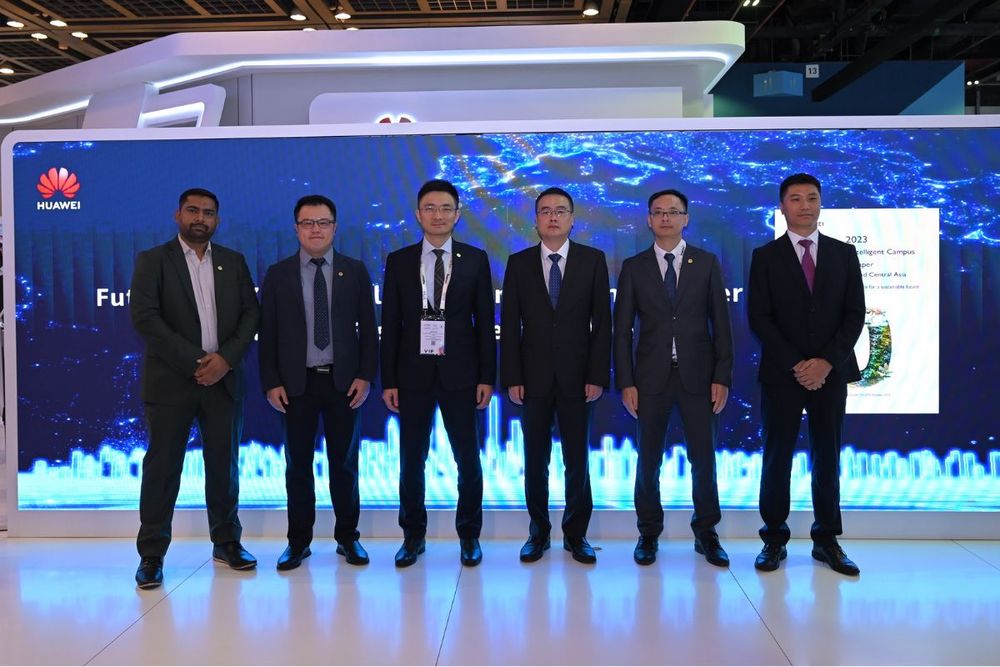Huawei has recently unveiled the Future Net Zero Intelligent Campus White Paper for the Middle East and Central Asia region during the prestigious GITEX GLOBAL 2023, which is recognized as the largest technology event worldwide. This white paper serves as a platform for Huawei to showcase its innovative concepts, solutions, and practical experience in the intelligent campus domain. Moreover, it offers a comprehensive guide for the planning, construction, and operation of intelligent campuses throughout their entire life cycle.
During the GITEX GLOBAL 2023 event, David Shi, the President of the Enterprise Business Group for the Middle East & Central Asia region at Huawei, along with Li Ying, the Vice President of Huawei Enterprise Marketing & Solutions Sales, officially launched the Future Net Zero Intelligent Campus white paper. This document outlines the development trends of intelligent campuses, defines the distinctive features of future intelligent campuses, and presents the framework and blueprint for net zero intelligent campuses. Additionally, it explores the ways in which intelligent campuses can support rapid and high-quality economic development, achieve the zero-carbon strategy, and establish an interconnected intelligent world.
David Shi emphasized the significance of this white paper, stating, “We have released this white paper to illustrate the journey towards net zero intelligent campuses. We are collaborating with our partners to shape an intelligent future that is driven by the latest digital technologies and experiences.”
Recognizing the pivotal role of intelligent campuses as the primary environments for work and living, Huawei actively collaborates with customers, partners, and consulting firms to share successful experiences in the construction and operation of intelligent campuses. This collaboration aims to facilitate the transformation of campuses into smart and low-carbon entities, thereby contributing to high-speed and high-quality economic development, the realization of the zero-carbon strategy, and the establishment of an interconnected intelligent world.
In the context of global innovation and transformation, digitalization has emerged as a catalyst with far-reaching implications. It serves as a crucial indicator of a country’s comprehensive strength and modernization. Smart cities, which embody countries’ digital strategies, have become a fundamental pillar in the process of building and maintaining a modern society.
WAM

